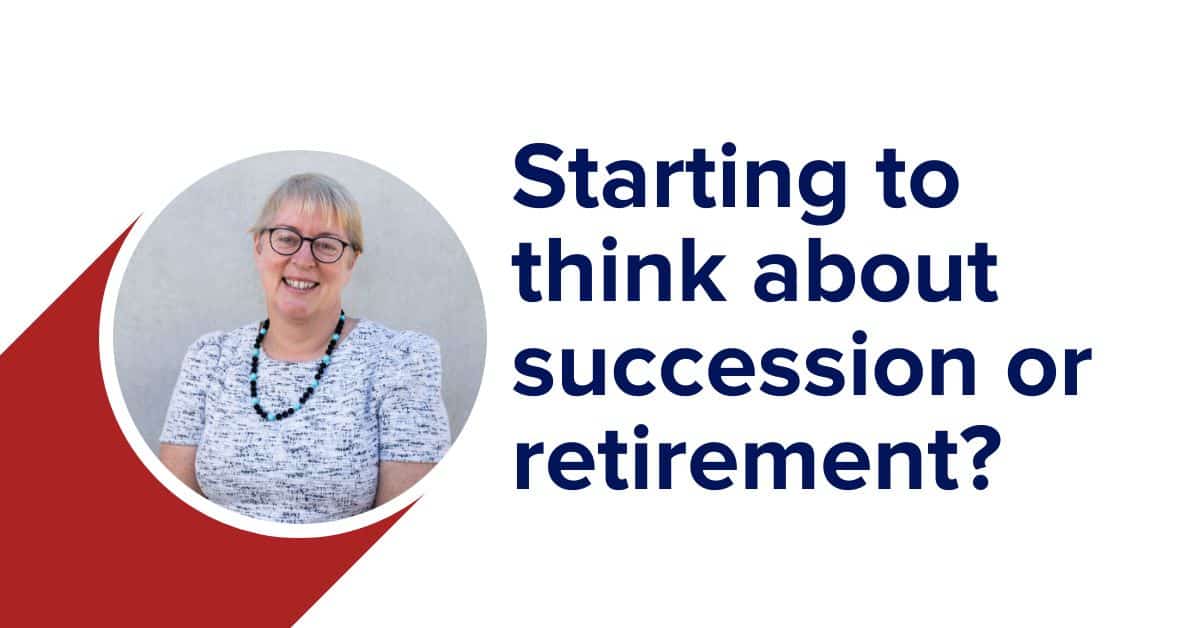News

Starting to think about succession or retirement?
Retiring from farming isn’t just a matter of handing in your notice and walking out the door like it is in many other occupations. It takes a lot of forward planning and what works for you won’t necessarily be what works for your neighbours, or what worked for your parents if you’re from an inter-generational farming family.
There are some key people to talk to before you start to make a plan.
The kids:
If you have children, the best place to start is there. There’s not much point in looking into options for transferring your farm to one or more of your children (or even grandchildren) if they are not interested in taking it on. You be surprised to know how often farmers (and other business owners for that matter) get quite well through making a plan and setting up a structure to transfer ownership to a child or children only to discover that it’s not what that child or children want.
If someone in the family is keen to take the farm on, your other children need to be consulted and considered so that everyone is clear about the long-term plan and how all family members will ultimately be provided for.
The money people:
The next step is to talk to your accountant about the option or options you are considering and what tax liabilities and other accounting issues might arise out of those options.
If part of your plan is to sell some or all of the farm, or some or all of the shares in your farming company, to one or more family members with a debt back to you, so that no cash changes hands on the settlement date, you will also need to talk to your bank if you have any debt.
The family member(s) who intend to take over the farm also need to take accounting and financial advice and talk to their bank to ensure that they can make the plan work from their perspective.
The legal people:
Before you finally settle on a plan, you should take some legal advice around how your proposed plan might work and whether there are any legal or procedural issues that you may not have considered. Your lawyer will be able to tell you what’s involved in achieving your desired outcome, how long it might take and what the cost is likely to be.
In our experience, the most successful farm succession plans start with a roundtable meeting of the farmer(s) looking to move towards retirement, their children, their accountant and their lawyer. Depending on what the plan involves, the banker and farm adviser can also be invited to attend. Talking everything through with all of the relevant people before heading down a particular path generally brings the best results for prospective retirees and their families.
Join us at our upcoming webinar where we discuss a range of options and structures to manage succession or retirement from farming.
by Jude Wilson – Hamertons Lawyers Limited
















